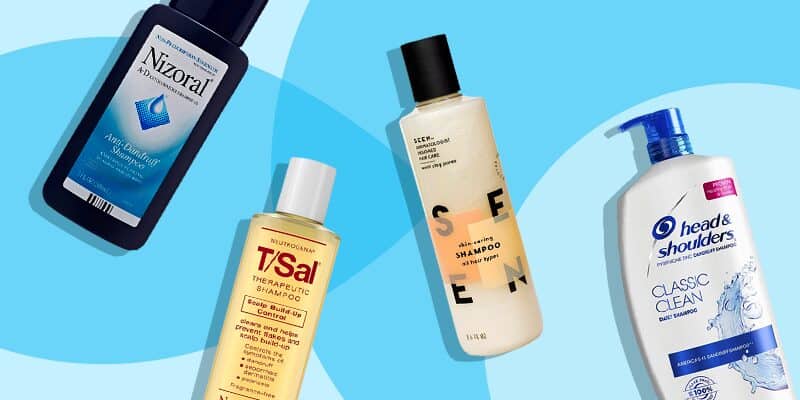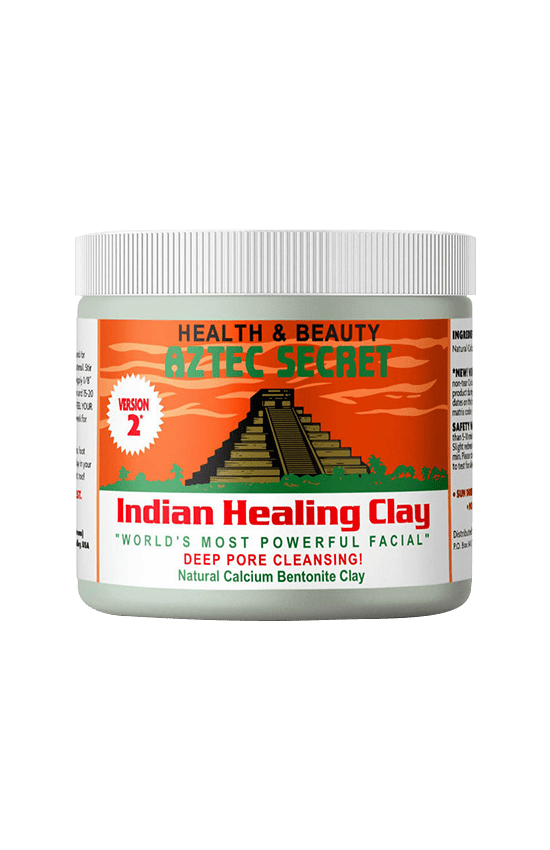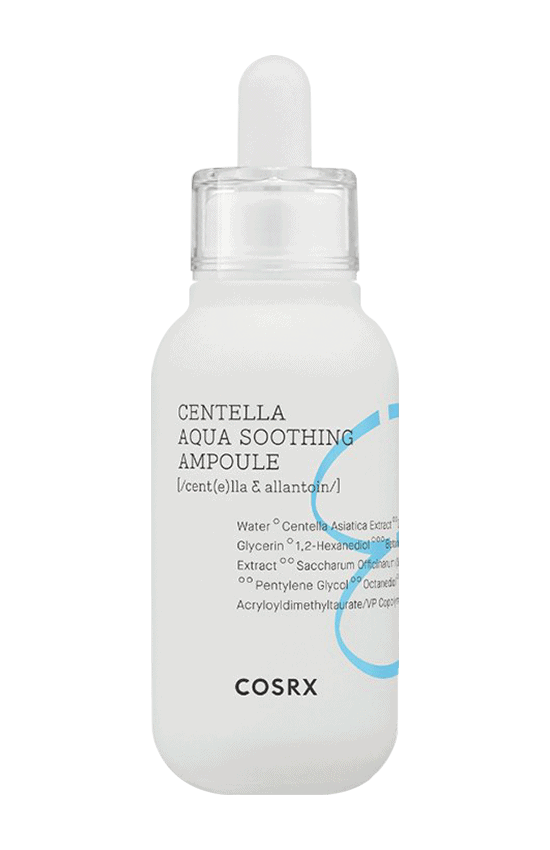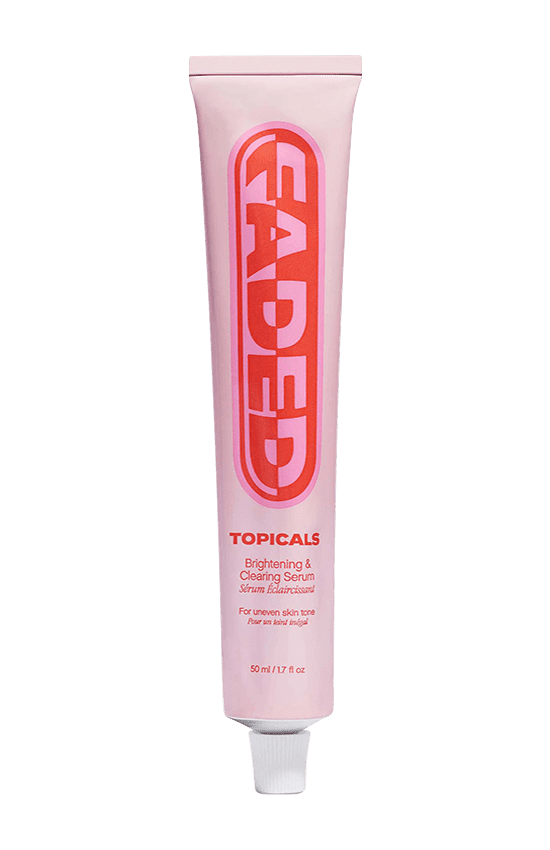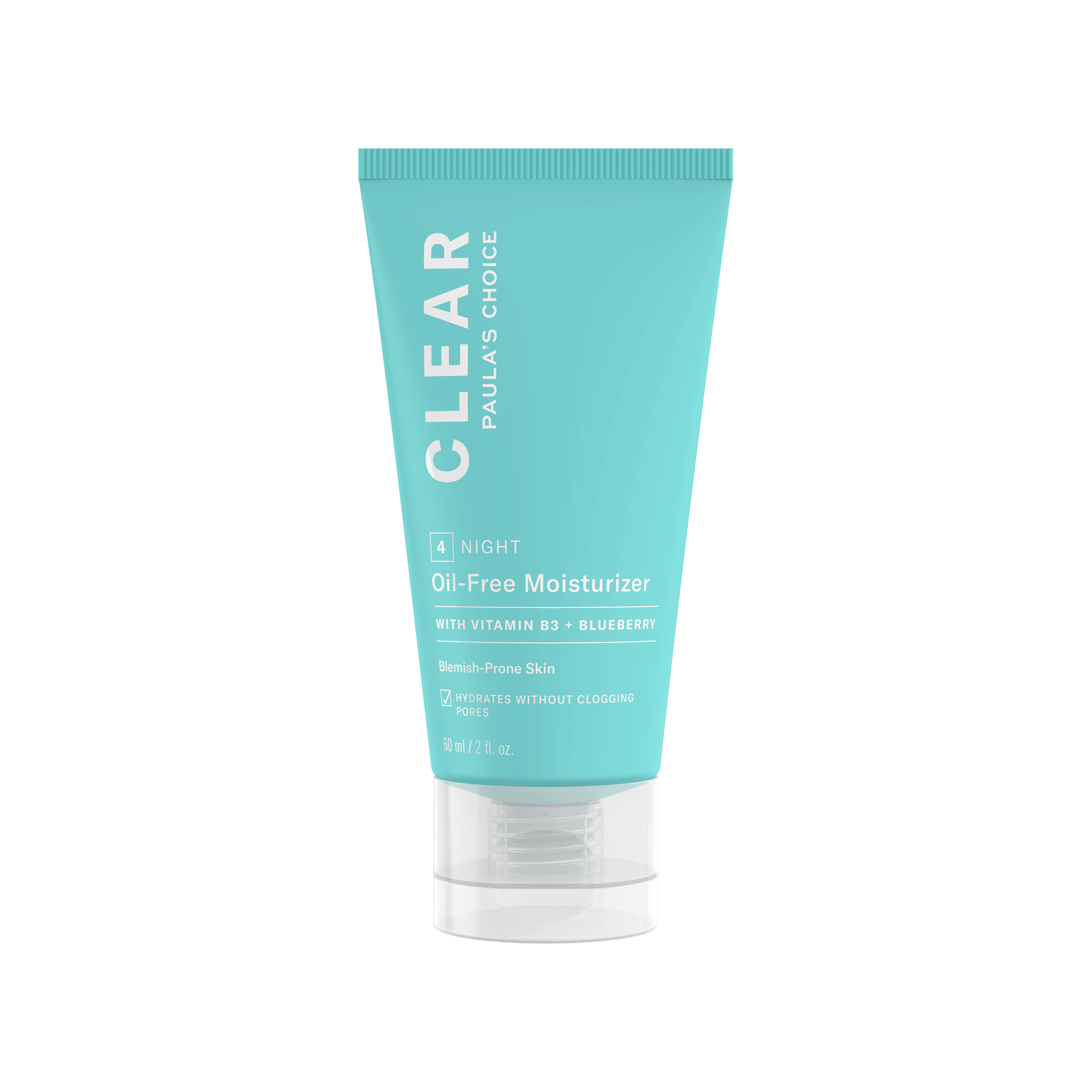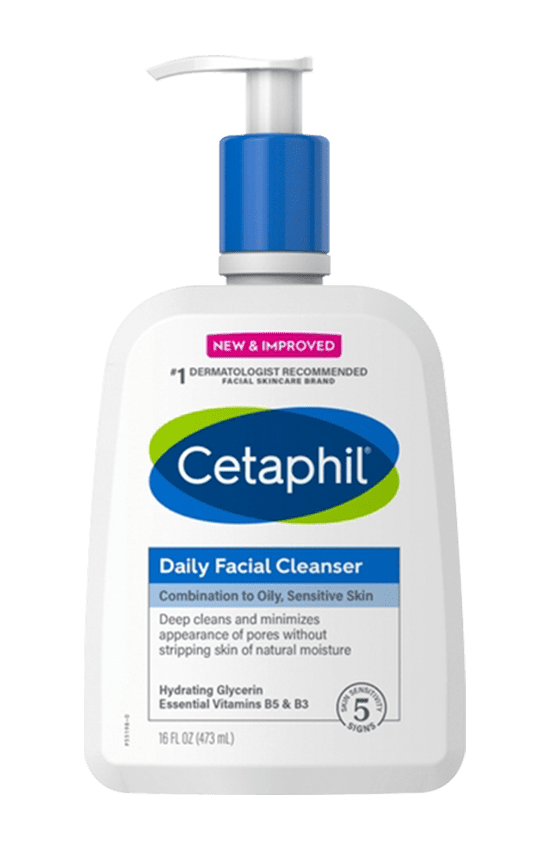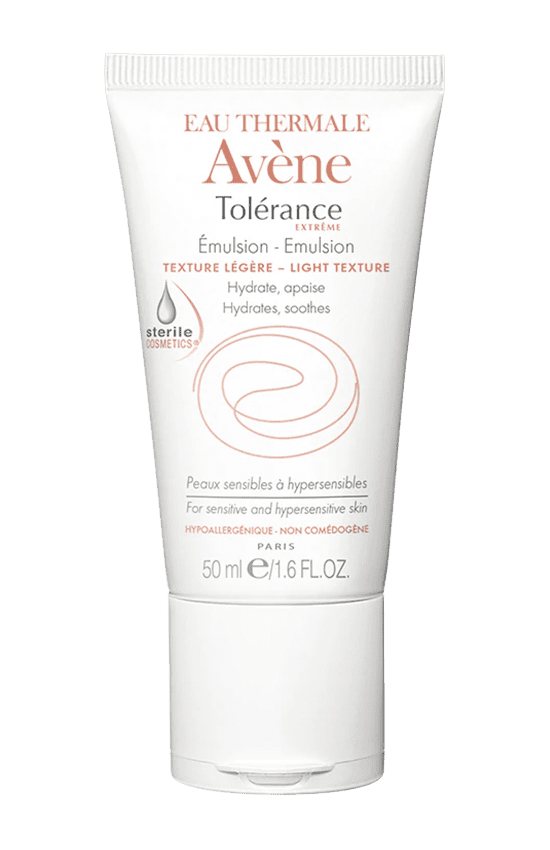Most people don’t think of the scalp as a typical place to get acne, but it is a common issue among many acne-sufferers. Fortunately, there are many acne shampoos that help to treat breakouts on your scalp.
Read on to learn more about the best shampoos for scalp acne, as well as additional steps to take to get rid of acne on your scalp.
What is Scalp Acne?
As the name implies, scalp acne is a type of breakout that occurs on the head.
It most commonly appears along the hairline, but can happen anywhere on the scalp. “Scalp acne, AKA folliculitis, refers to inflammation of the hair follicles in the scalp,” says Dr. Tsippora Shainhouse, a Beverly Hills-based board-certified dermatologist.
When these hair follicles get clogged with debris (such as dead skin cells, bacteria, or sebum), pimples can occur. The type of pimples that may appear on the scalp range from mild blackheads and whiteheads to more severe nodules and cysts.
The excess buildup may be caused by external factors, but internal factors (such as a hormone imbalance) may also trigger an overproduction of sebum.
What Causes Scalp Acne?
A lot of different factors play into the development of scalp acne. As mentioned above, it may be triggered by internal factors, but there are also many external factors that may cause scalp acne.
Here are a few factors that cause scalp acne:
- Using products with comedogenic (pore-clogging) ingredients also contributes to the issue
- Sweating and not washing your hair soon after also plays a role in scalp acne
- Wearing a hat or some sort of headgear
- Scalp acne may also be caused by simply not washing your hair frequently enough to adequately clean the scalp
Dr. Shainhouse advises that if you use hair products (such as gel, hairspray, or shampoo and conditioner that hasn’t been thoroughly rinsed out), the build up on the scalp, hair, and skin often leads to clogged pores – and eventually scalp acne.
Key Ingredients to Look for in Shampoos (and What to Avoid)
When doing your research into the best shampoo for scalp acne, you’ll need to consider what ingredients are actually in the product. Certain ingredients will help clear up scalp acne, while others may actually contribute to the problem.
- One ingredient that Dr. Shainhouse recommends is salicylic acid. This acid, which is a BHA, is able to penetrate deep into the hair follicles. There, it dissolves pore-clogging debris and reduces excess oil.
- Another ingredient she mentions is zinc pyrithione, which is commonly found in anti-dandruff shampoos. Zinc pyrithione kills yeast on the scalp. In the case of dandruff, this prevents skin flakes from developing, but killing the yeast also helps prevent scalp acne.
If you are looking for the best shampoo for scalp acne, you’ll also need to consider the ingredients to avoid.
Dr. Shainhouse recommends staying away from sulfates, comedogenic oils, silicones, and fragrances.
Best Shampoos for Scalp Acne
Beyond looking for the right ingredients, when you’re looking for the best shampoo for scalp acne, there is one simple piece of advice to follow: “Choose a shampoo that rinses easily and completely, without leaving a residue on your scalp and hair strands,” says Dr. Shainhouse.
If you are looking for some guidance, these are some of the best shampoos that you can try.
1. Neutrogena T/Sal Shampoo
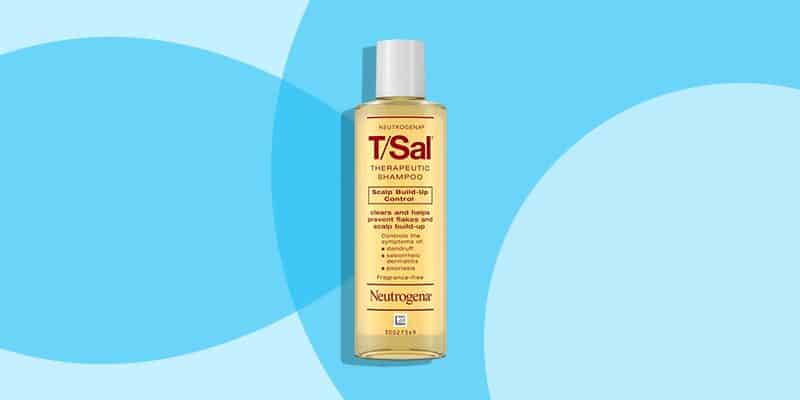
Best shampoo for pimples on scalp
This drugstore find comes recommended by Dr. Shainhouse. For many people, this is the best shampoo for scalp acne, as it contains 3% salicylic acid. This makes it an effective option for clearing up pore-clogging debris. The Neutrogena product, which is dermatologist recommended, is also free of any added colors, preservatives, or fragrances. The formula is gentle, so you may use it daily.
2. Nizoral A-D Anti-Dandruff Shampoo
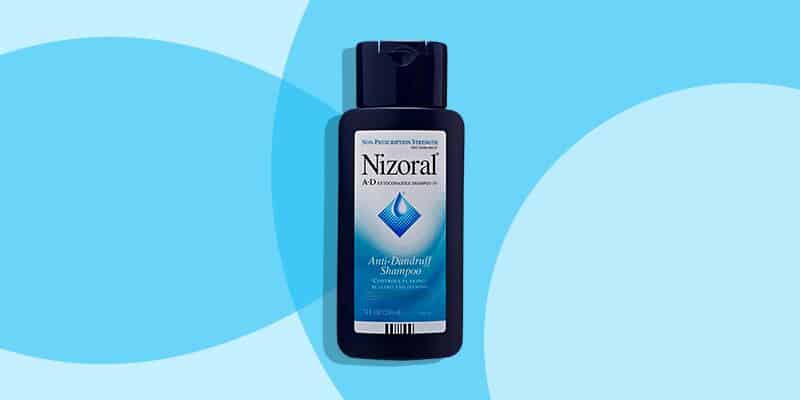
Best medicated shampoo for scalp acne
This anti-dandruff shampoo is an excellent option for those dealing with scalp acne. It contains a 1% concentration of ketoconazole, an ingredient that kills fungus and controls flaking. The formula is best used twice per week to achieve the best results. You may use another non-comedogenic shampoo in-between uses.
3. Head and Shoulders Classic Clean Shampoo
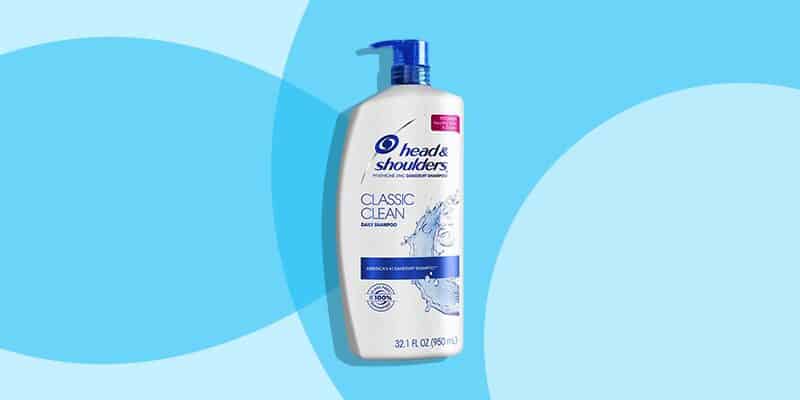
Best shampoo for itchy scalp acne
You are likely familiar with this drugstore product, which is America’s number 1 dandruff shampoo. Many also consider it to be the best shampoo for scalp acne. The formula contains a 1% concentration of zinc pyrithione, the ingredient that kills yeast on the scalp. It is gentle enough to use daily, and even works for those with color-treated hair.
4. SEEN Shampoo
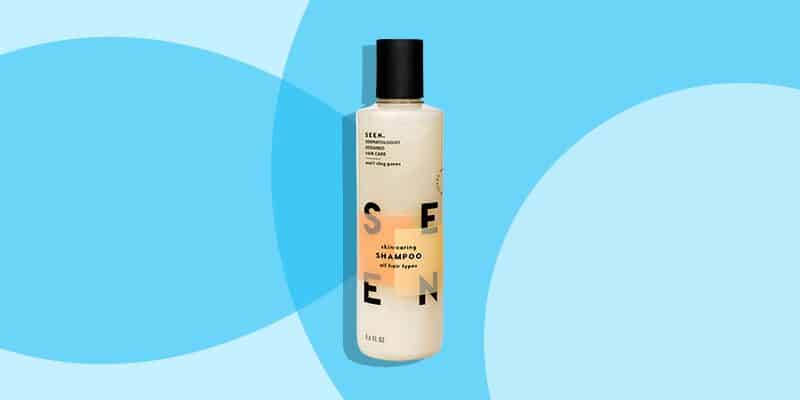
Best everyday shampoo for scalp acne
This shampoo is dermatologist-designed and free of ingredients that will clog pores or irritate the skin.
Dr. Shainhouse also recommends this product, as it was designed specifically to minimize acne. There are two star ingredients in this product. First is hemisqualane, a sugar-derived ingredient that reduces frizz, keeps hair smooth, and provides color and heat protection. Next is bisabolol, which soothes the skin. It is free of sulfates, silicones, pore-clogging oils, and parabens.
This shampoo is suitable for daily use, and also appropriate for all hair types (including color and keratin-treated hair). The formula is also vegan and gluten-free.
How to Get Rid of Scalp Acne: Additional Preventative Steps
Once you’ve figured out which product is the best shampoo for scalp acne to treat your needs, there are a few other preventative steps you will want to take.
Wash Your Hair Regularly
You’ll want to wash your hair regularly to sweep away any debris on your hair and scalp that may clog pores. This is particularly important after working up a sweat, as well as when you’ve used a lot of styling products in your hair.
Keep in mind that your scalp needs more attention that the ends of your hair, so focus on lathering into your scalp. Working your shampoo into the ends of your hair can dry it out.
Avoid Conditioner on Your Scalp
Conditioners aren’t necessary on the scalp, and may even leave behind a residue and contribute to clogging pores. Apply conditioner to the ends of your hair and avoid the scalp.
Look into Styling Products
If you regularly use styling products in your hair, take a look at the labels. Spend some time researching the ingredients to make sure they aren’t comedogenic. If so, they may be contributing to the problem.
Don’t Rely Too Much on Dry Shampoo
Dry shampoo is a useful tool for extending a hairstyle. However, keep in mind that it doesn’t actually clean your hair, as it doesn’t remove oil or kill yeast.
Dr. Shainhouse recommends actually washing your hair after 2 to 3 days of using dry shampoo.
See a Doctor for More Severe Cases
You may need to seek out professional help if a targeted shampoo and preventative steps don’t seem to help. “If the acne lesions persist, see your board-certified dermatologist for evaluation and possible prescription topical and/or oral antibiotics or anti-inflammatory medications,” says Dr. Shainhouse.
FAQs
Can shampoo cause scalp acne?
Yes, it is possible for a shampoo to cause scalp acne. Shampoos with comedogenic ingredients may contribute to the problem. Be wary of shampoos with ingredients like cocoa butter, jojoba oil, coconut oil, mineral oil, petroleum, sulfates, or silicone. Look at ingredient labels to make sure there aren’t any risky ingredients in the formula.
Can hair products cause scalp acne?
Yes, as with shampoos, certain hair products may cause scalp acne if they have pore-clogging ingredients. Look into the ingredient label to ensure a product doesn’t contain anything comedogenic.
How do you get rid of scalp acne?
If you are dealing with breakouts on your scalp, start using one of the best shampoos for scalp acne to target the problem. You should also take preventative steps, such as showering after sweating, avoiding hair products with comedogenic ingredients, and only applying conditioner to the ends of your hair.
The Bottom Line
As with breakouts on other areas of the body, scalp acne is treatable with a targeted product and preventative steps. When looking for the best shampoo for scalp acne, keep the ingredients in mind. Look for those that target acne, and avoid those that will further contribute to the problem.
